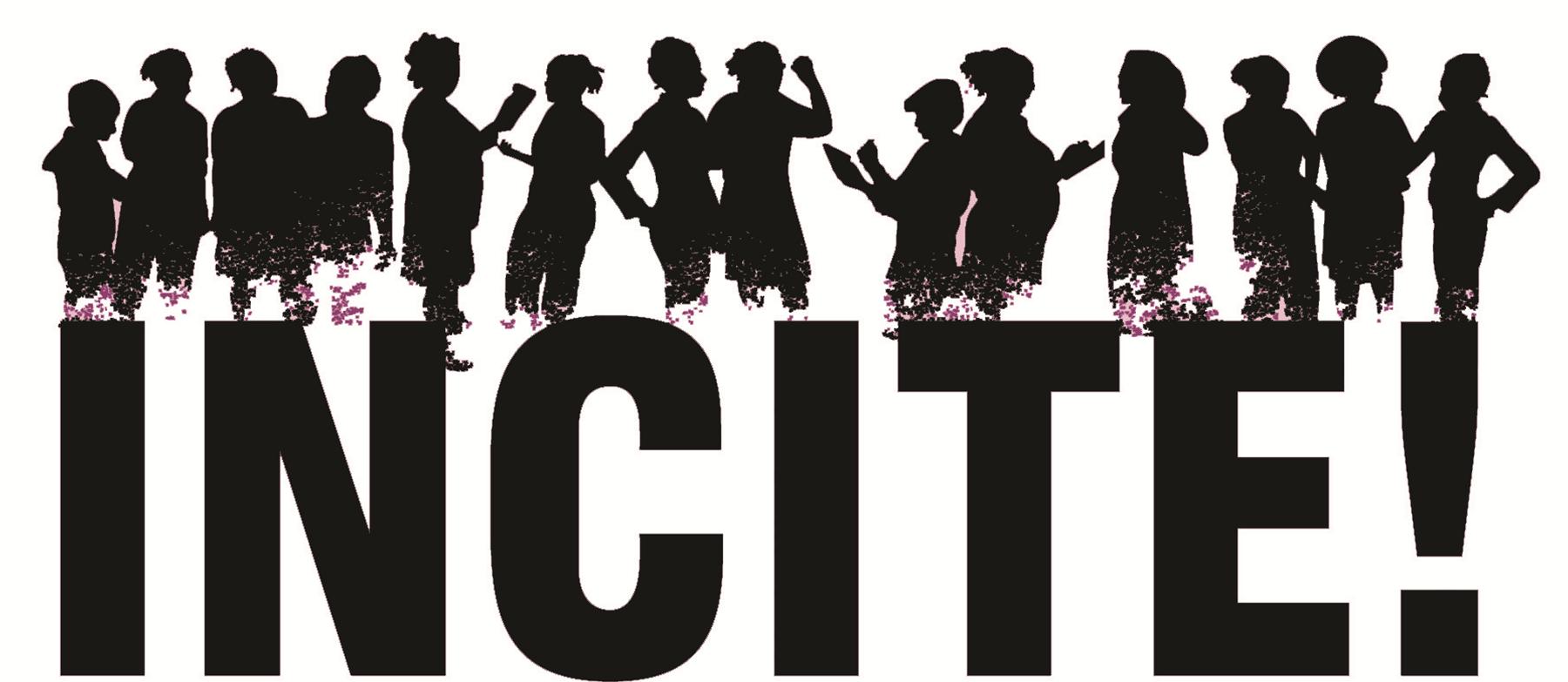[tweetmeme source= ‘yourtwittername’ only_single=false]Language & Action is a new weekend feature where we spotlight some of the fantastic analysis, news, & performance from around the blogosphere that shine a light on critical ideas and action addressing violence against women of color. The title is borrowed from Audre Lorde’s brilliant 1977 talk, “The Transformation of Silence into Language and Action.”
If you have suggestions for things to include, please send us an e-mail at incite.news@gmail.com or float it in the comment section!
***
YWEP gathering info about Bad Encounters:
Young Women’s Empowerment Project (YWEP) is collecting important info from youth in Chicago who have had crappy encounters with social services, hospitals, police, shelters, etc:
Are you having a bad experience getting help from a social service, police, hospital, shelter or some where else? Do you think this is because you are involved in the sex trade, homeless or Lesbian Gay Bisexual or Transgender or another reason- like using drugs or being involved in the street economy?
If you want to report this bad experience and help other youth in your community
CLICK HERESpread the word!!!
For more information about this project, check out this page.
***
Companies use Juarez as inspiration for makeup:
Julianne Hing at Colorlines has a great write-up on MAC and Rodarte’s new cosmetic line that was inspired by the makeup designers’ trip to Juarez, Mexico, a town that has seen thousands of women murdered or disappeared. She writes:
It seems the designers took a recent trip to the border, checking out towns from El Paso to Marfa, Texas. They came back with a fascination with Juarez in particular, and with life in the post-NAFTA maquilas that were set up to help the city become a free-trade zone. When designers Kate and Laura Mulleavy unveiled their ready-to-wear F/W 2010 in February, they said that they had been inspired by the lines of women workers who’d make their way to factory jobs in the middle of the night. Romantic, huh?
Of course, real life in Juarez, which has the distinction of being the world’s deadliest city, is much less so. By the end of July, Juarez is set to log 6,000 murders this year alone. The city is home to hundreds of factories owned by multinational corporations, and has become a bloody warzone where Mexico’s drug wars are being fought. For the last few years the violence has resulted in so many thousands of unsolved deaths, many of those killed have been women workers who were traveling to and from their jobs in Juarez’s factories.
The story includes the companies’ apologies and Hing follows up with an interview with beauty bloggers who broke this story.
***
African women and children denied housing rights and brutally attacked by police in Paris:
After watching this horrific video of African immigrant women and children being brutally attacked by police in Paris because they were negotiating for housing rights, La Macha at VivirLatino discusses the level of violence the state is willing to inflict on immigrant women and children in order to protect its borders. She writes:
Are the protection of borders worth this? And please don’t tell me that this was the mother’s fault. I know that all the anti-immigrant people will be here soon to tell me that it’s their fault, and I can handle that. But if any supposed “ally” says “what were they thinking?” I have a few suggestions. First, sit for a moment and open yourself up to the humanity of these women and the humanity of their children. Know what it feels like to feel terror and confusion and a fear you can’t breathe through. Then take a moment to consider that even when the government offers you something, you, a black immigrant mother that may or may not be legal, may actually have considerable reason to not trust that government.
***
Intersectional analysis of Israeli “rape by deception” case:
brownfemipower at Flip Flopping Joy analyzes the recent Israeli case in which a Palestinian man was accused and found guilty of “rape by deception” after having sex with a Jewish woman who thought he was also Jewish. She asks, “What vested interest does an apartheid regime have in criminalizing sex between classes?” and writes:
When we don’t understand that a woman’s body under such a system is *contested* and even often looked at as a *resource* for the nation/state, we stand a very good chance of grossly misunderstanding what particular situations mean.
***
Recognizing each other as queer disabled women of color:
In tribute to Frida Kahlo, Mia Mingus at Leaving Evidence reflects on the power of recognition among queer disabled women of color. She writes:
And even when we are visible as disabled queer women of color, sometimes we don’t even recognize each other. We don’t recognize each other because we’re not taught how to do it; because we’re taught how to be afraid of each other. Because we are taught how to not recognize each other more readily than we are taught how to find each other. Where are we? How do we find each other? And how do we do the work to recognize each other and to be recognizable to each other? Sometimes, as is so often the case with queerness (and disability), I see you, but I don’t know if you see me. I feel this acutely with adoptees. We share space together, but often times we don’t know how to recognize each other. We look right through one another, or avoid each other as if we were taught some kind of secret script.
















Thank You